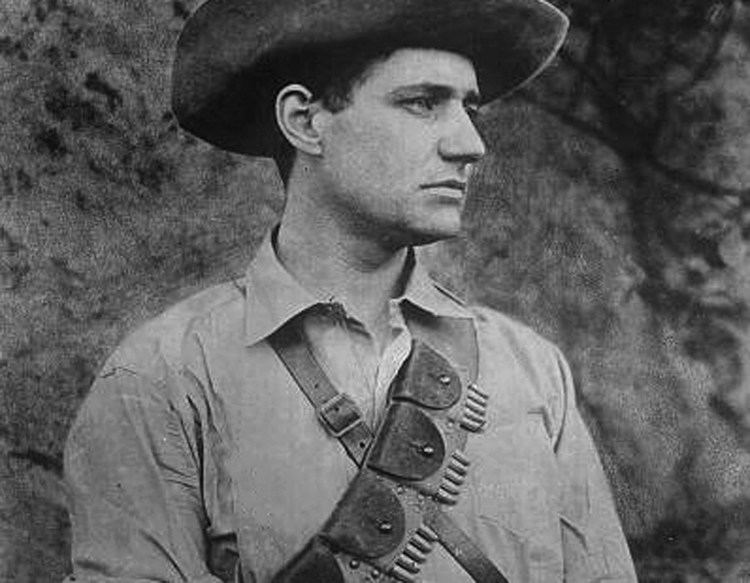Fritz Duquesne was known for many things. He was a big game hunter, journalist, stockbroker, adventurer, and even a spy. He earned the moniker Black Panther for his actions in the wars that he joined. He was also known to deeply despise the British due to what Kitchener did to his family. But did you know what Duquesne did to carry out his revenge against the senior British officer?
Fritz Duquesne’s farm was burned, and his mother was sent to a concentration camp in compliance with Lord Kitchener’s policy in the Second Boer War. Vowing revenge, Duquesne infiltrated Kitchener’s warship and had the Germans sink it.
Who was the “Black Panther”?
Frederick “Fritz” Joubert Duquesne was born on September 21, 1877 to Boer parents Abraham Duquesne and Minna Joubert. The family then moved to Nylstroom, South Africa, where they established their family farm.
The young Duquesne became a hunter in his earlier years, following his father’s footsteps. In his years of hunting, he became pretty amazed at how a black panther hunts. He then incorporated their hunting skills into his, hence being known as the Black Panther when he served in the Second Boer War. While serving as a captain, Duquesne was captured by the British in the Battle of Colenso. However, he was able to escape.
Duquesne was again caught during the Battle of Bergendal, where he and his men were sent to an internment camp in Portugal. This is where he started to hone his skills in espionage, and constant reinvention of himself began to. He escaped the camp and posed as a British officer, where he was sent to his hometown in South Africa for war in 1901.
The alleged British army officer found out that his family and farm were severely affected by Lord Kitchener’s scorched earth policy. Their farm was burned, Duquesne learned that his daughter was raped and killed, and his mother was dying in a British concentration camp.
Duquesne was enraged at his discovery, forcing him to plan his revenge against Lord Kitchener. His initial plan failed when it was divulged by the wife of one of his co-conspirators. He was imprisoned in the Castle of Good Hope in Capetown, then transferred to the penal colony of Bermuda. The British knew that no one could ever escape the penal colony, but Duquesne was successful in doing so, to their dismay.
Duquesne fled to the US, where he became a naturalized citizen and became a journalist. He also became President Roosevelt’s personal shooting instructor and accompanied him during hunting expeditions. But by the first world war, Duquesne became a spy for the Nazis. This decision was fueled by his hate towards the British and Lord Kitchener.
As a German spy, he was credited for sinking many British ships in South America. When he was discovered, he evaded British forces by moving from one place to the other and returning to the US under a different alias. (Source: People Pill)
Executing the Revenge Against Kitchener
And in 1916, Duquesne, posing as a Russian duke, joined Lord Kitchener on HMS Hampshire. Historians believe that, once onboard, Duquesne signaled a German submarine to sink the ship, finally killing Lord Kitchener.
The spy made his escape using a life raft, sailing away as the German submarine sank HMS Hampshire. He was awarded by the German government with the Iron Cross for his efforts. After his act, Duquesne returned to the US, forming a ring of some 33 spies working for the German forces. (Source: People Pill)
